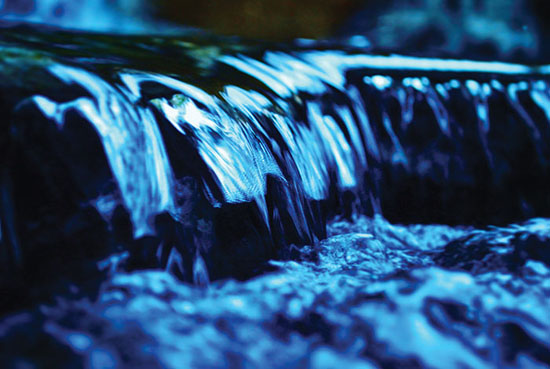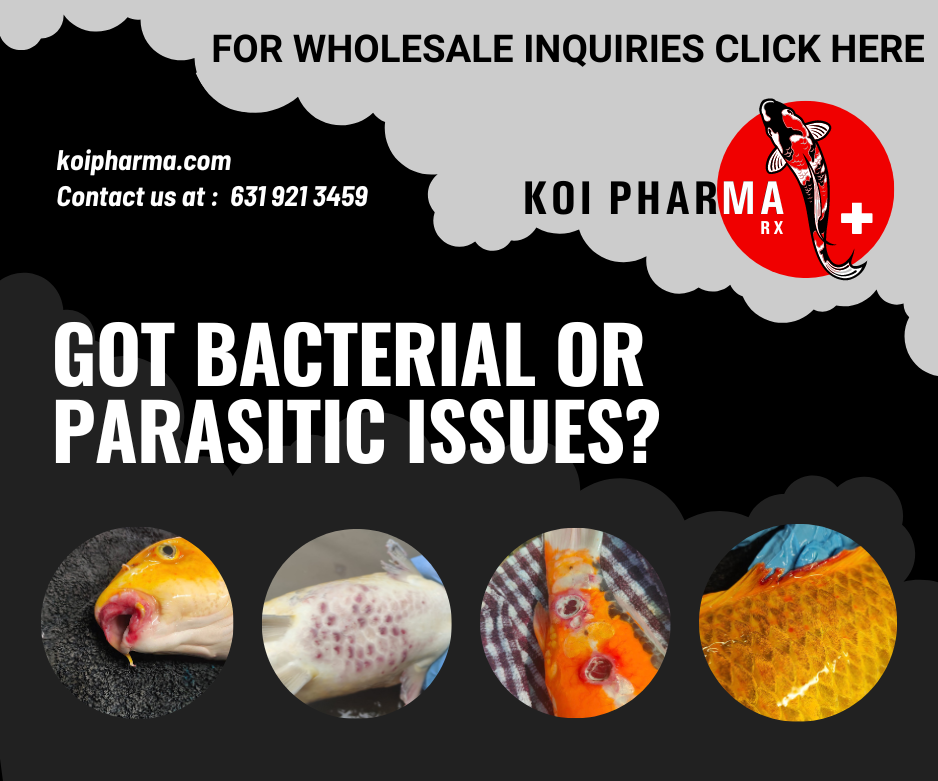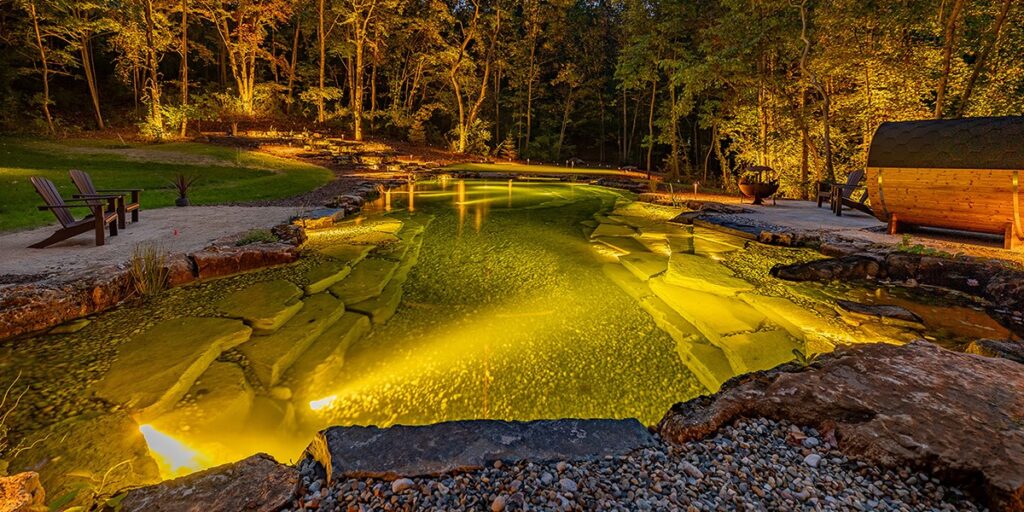
Biosafety. We all know that word by now — it’s becoming the new norm on a worldwide scale. Due to the COVID-19 pandemic, the issues surrounding biosafety at all levels have become an essential daily concern. Sticking to our industry’s best practices is a must as we move into the “post-Coronavirus” world.
As pond professionals, biosafety has always had an important role in our profession. Although not always a front-and-center matter, the protocols surrounding biosafety will begin to see a more prominent position throughout the many facets of our industry. How we individual pond professionals handle it will reflect back on the industry as a whole. Right now seems to be the perfect time to refresh and refine our systems and protocols when it comes to a healthy pond and work environment, while always being mindful of how they affect our clients and customers.
Dangerous Waters
Our species is no stranger to the transmission of waterborne illness and disease. Pathogenic microorganisms have looked to humans to build and host their communities since the earliest of times, often with deadly results — especially as they tend to pop up during wartime, in the middle of natural disasters and at other inopportune moments. Pathogens really like to kick mankind, especially when we are already down. Some of these pathogens sit quietly below the waters we work in, just waiting for the right time to take the stage.
We pond professionals potentially face the full gamut of pathogens coming into our lives via bacteria, parasites, viruses, protozoa and even some algae we encounter. All these pathogens are just looking for a pond pro to give them any opening to mount an offensive — a small cut on the skin or a splash that gets in the mouth or eyes is all bacteria need to gain some ground on their human host. Parasites are happy to burrow into any unprotected skin or tract system. Blue-green algae would love an excuse to knock you on your ass!
An exposed pond professional could experience a wide range of symptoms, including eye and ear pain, respiratory problems, headaches, gastrointestinal issues, itchy skin, sores and flu-like symptoms. It is essential that every professional have a protocol for biosafety, especially those who on the ground (or in the pond, as it may be). Such a protocol is directly linked to financial safety, as you reduce the cost of risk associated with your profession. Think fewer sick days and happier, more productive employees.
Protective Measures
Pond professionals can do quite a bit to keep their workplace, employees, clients, and, by extension, many others a bit safer as we look toward the post-Coronavirus world.

In the workplace, intermittent disinfecting of workspaces, desktops, keyboards, door handles and vehicle interiors should become company protocol. Consider distributing “bio-kits” with hand sanitizer, disinfectant wipes, a pocket-sized First Aid kit and some vitamin C chews to each employee every quarter. Add hand sanitizer dispensers at entrances to your business. Post signage encouraging hand washing and sanitation. Discuss biosafety at your the company meetings, and let the company germophobes make suggestions, too. I’d bet they have some good ones!
In the field, implement new norms for interacting with clients and customers. Keep them limited to a wave, a smile and a friendly hello from a healthy distance. The days of handshake greetings, hugs and close-talking formalities may be behind us. We can still discuss the weather and ask about family from a safe distance. Leave behind a service report for the client instead of giving them a verbal rundown. After all, service reports are more professional and are great for social distancing!
When performing pond services such as cleaning and maintenance, make sure your employees are wearing the proper gear. Eye protection and gloves should be required equipment for any pond servicer. Many pond professionals perform pressure-washing services for pond interiors. Wearing protective covering from head to toe should be required, given the nature of this procedure — the rapidly accelerated, wide dispersion of water droplets. Don’t be that pond pro cleaning a pond in shorts and a T-shirt, but understand that you don’t have to wear a scary hazmat suit, either. Be comfortable, but be protected, too. Cover your skin and set a professional example.
Remember to clean and disinfect handling equipment such as tanks, nets and buckets. Treat intermittently with a light bleach solution and rinse all equipment after use — especially if you’re going from pond to pond. Do the same with gloves, waders, boots, eyewear, head gear and ear protection used by field technicians. Perform monthly deep cleaning and disinfecting of all field equipment. Equip vehicles with portable eyewash kits and a very good First Aid kit. Keep extra plastic sheeting in your vehicles for everything unforeseen. Refine disposal practices for dead fish (burial) and infected plant parts (burning).
Spread the Word (not Germs)

With these new measures in place, take time to let your clients know about your biosecurity efforts in your newsletter or email blast. Your clients will be impressed and will appreciate your interest in their well-being. Just as important, take time to keep yourself healthy. This business can involve long periods of intense working conditions that can cause fatigue, so take the time to rest and recover with some scheduled days off, even during the busiest of times. The push for improved biosafety for pond professionals will certainly be an evolving process as new conditions, problems, issues and challenges arise that require all of us to adjust and adapt. Taking a few small steps toward improving how you operate within these post-Coronavirus parameters can impact everyone who is touched by your business. Hopefully it leads to large-scale, industry-wide improvements that result in a greater level of professionalism and safety.


